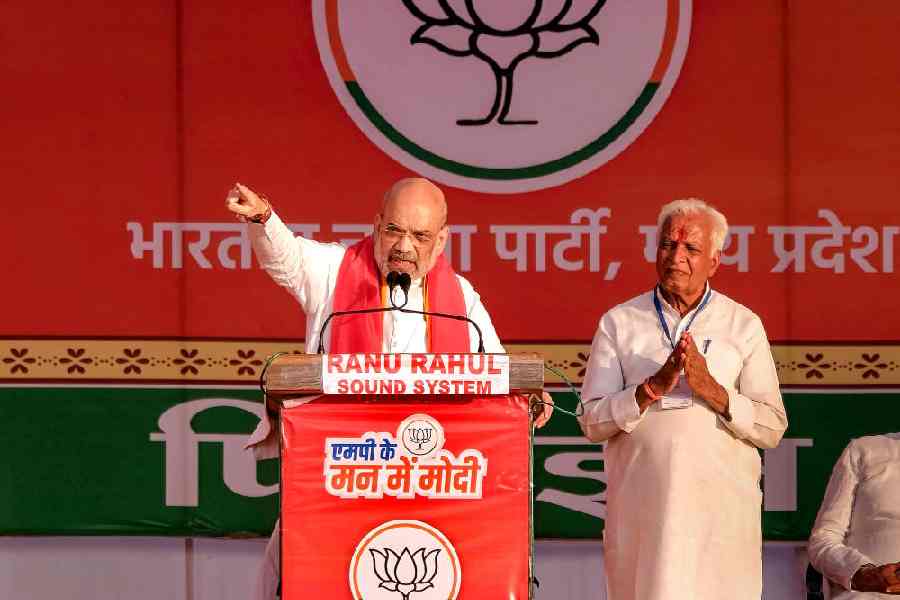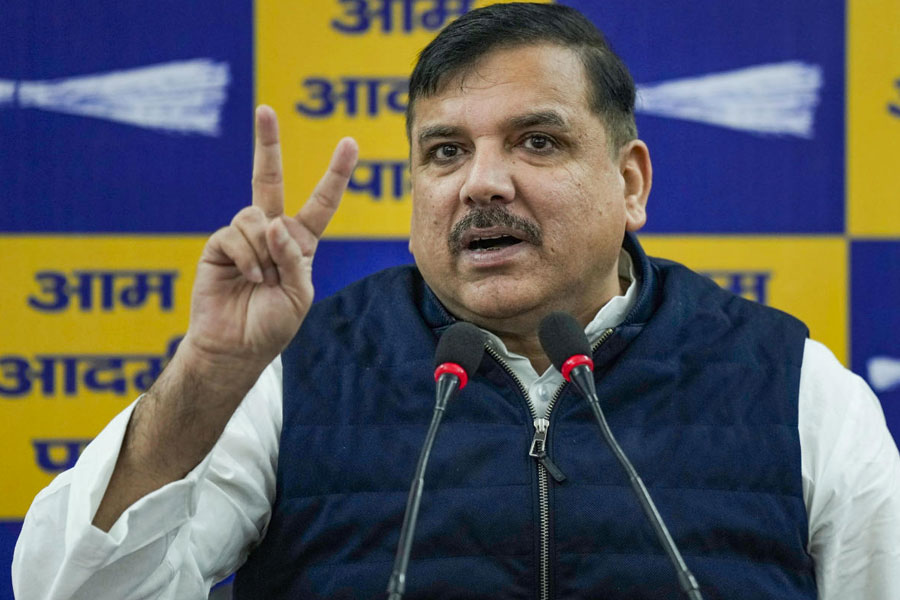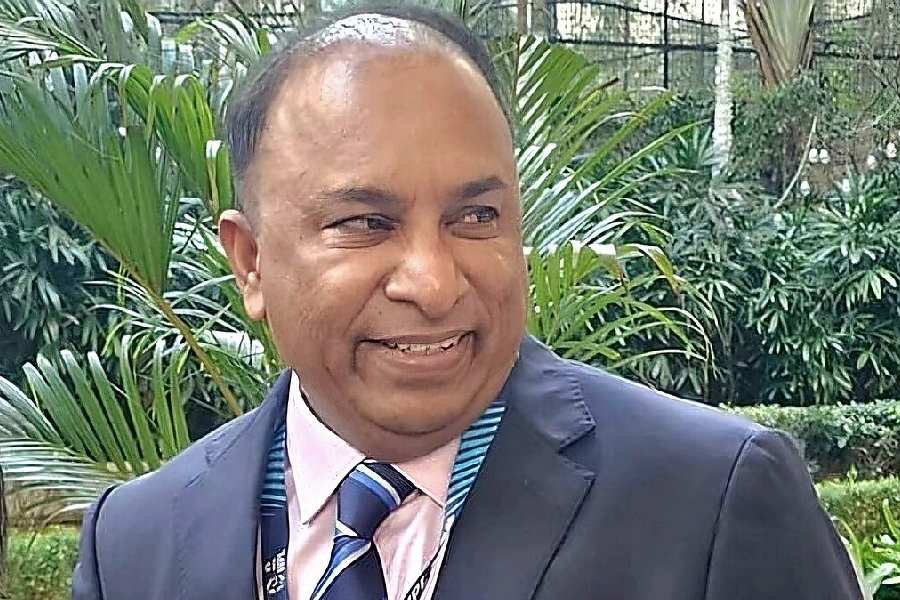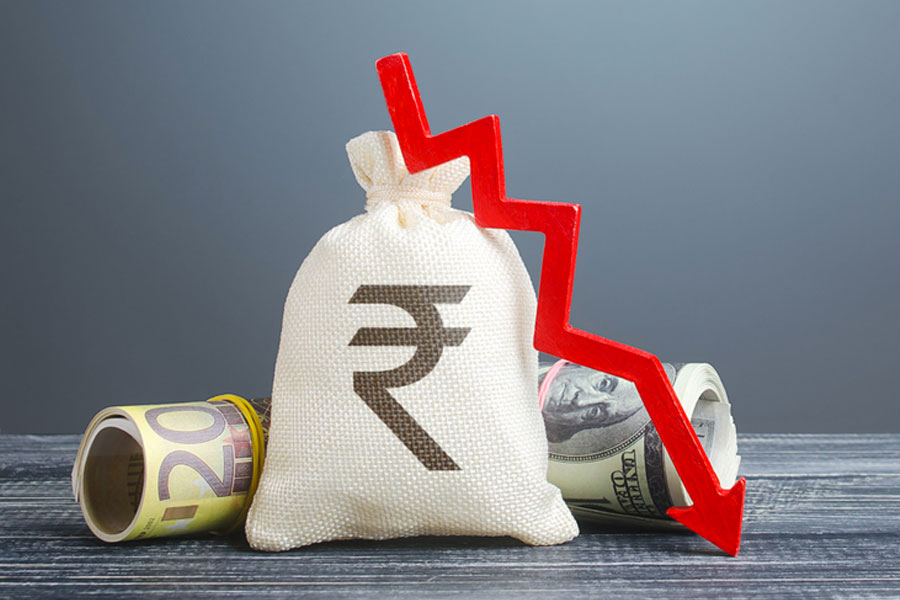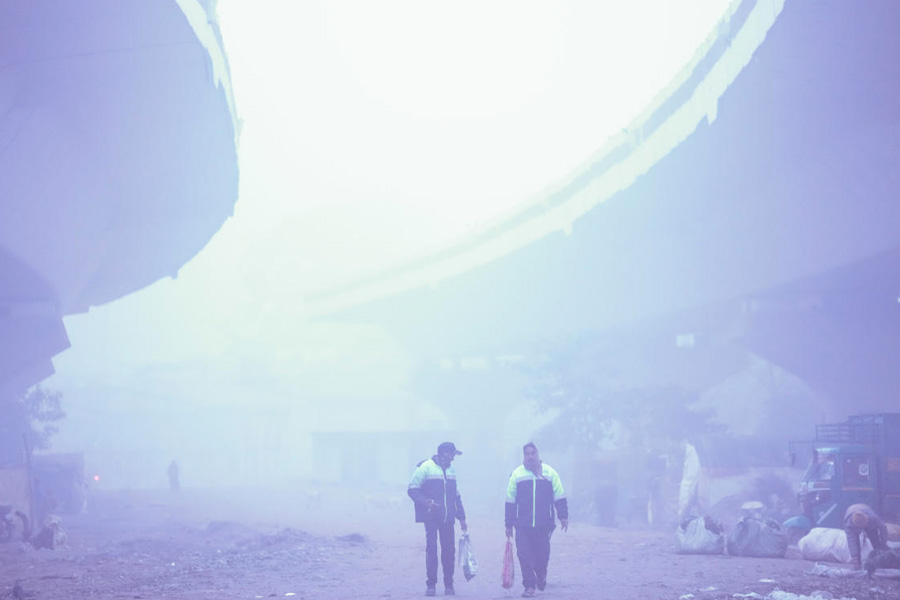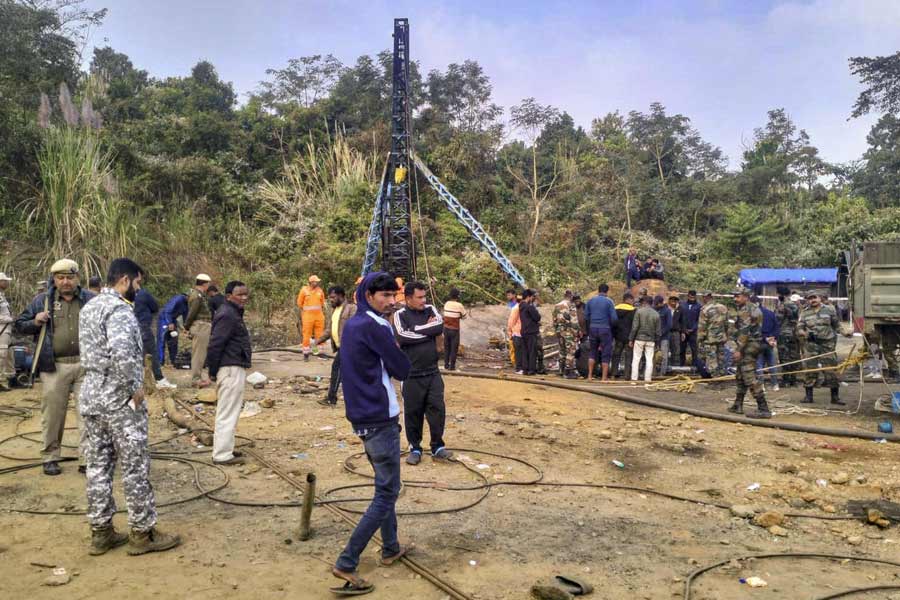It’s raining ‘guarantees’ in various states these days and there can be only one explanation for it: elections are round the corner. While canvassing in Chhattisgarh, the prime minister, Narendra Modi, announced the continuation of free foodgrains to around 800 million households for another five years, signalling that food remains the chief guarantee and political tool in an election year. But this promise has a major anomaly — it relies on the 2011 census and thus underestimates the number of beneficiaries. In Rajasthan, the Union home Minister, Amit Shah, guaranteed a further slash in the prices of LPG cylinder refills if his party came to power, begging the question why won’t the Centre offer it to the entire country?
On the other hand, in line with its Karnataka strategy, the Congress is offering a barrage of guarantees — from affordable cylinders and direct cash transfers to women to a bonus for farmers on the purchase of their produce and the purchase of cow dung at a support price. Some call these offers ‘rewdis’ or unwanted doles, others call it an affirmative action necessitated by inflation in a tattered economy.
The point to note, however, is a broader one: there seems to be a consensus about the fact that the poor in rural and urban India are faring badly and unemployment and unemployability are proving to be a twin curse. This hides a bitter truth. Every political party appears clueless in addressing the core problems afflicting the economy and, thus, banks on guarantees branded as welfare measures to attract voters on the eve of elections. Such promises will intensify as the 2024 general elections draw closer, some seven months from now. But they are a distraction that will only hurt the country in the long run.
What is being promised? How are the measures being evaluated? How will these band-aids help in fixing a serious condition that now needs a surgery? How will we bridge inequalities between the top 10% and the bottom 50% of our population? How is it that the parties offer cash guarantees for women but fail to guarantee work opportunities?
Rural India and the urban poor — particularly the youth — need a whole new deal. Not the kind President Franklin D. Roosevelt offered the Americans during the Great Depression, but a deal that plugs the lack of productive work opportunities and the security of sustainable income.
India’s real challenge in policymaking remains the same as it was 20 years ago, one that has accentuated post-Covid. Too much wealth is concentrated in the hands of the richest people, while the bottom 50% of the population is unable to afford the bare minimum. Small guarantees won’t make any difference unless India creates enough guaranteed work opportunities while keeping in mind ecological and environmental sustainability in the era of climate change. There’s enough commentary and research by economists that India’s growth isn’t commensurate with employment generation and uniform wealth distribution and that we aren’t able to fix this.
As a result, while political parties are offering doles, mass mobilisation along the lines of caste identity is gaining momentum. The beleaguered masses are seeking respite. One stark example is that of the Maratha community in Maharashtra. While the once-dominant community’s immediate motivation is to seek caste-based reservation, the underlying causes for simmering tensions are continued agrarian distress, rising cost of living and virtually stagnant socio-economic mobility. In Gujarat, the Patels are quiet but their demand for quota is still alive. Ditto for the Gujjars in Haryana and Rajasthan.
A large section of India is still untouched by economic progress, prompting them to migrate long distances in search of work that does not exist in their native place or face indebtedness while toiling in fields.

